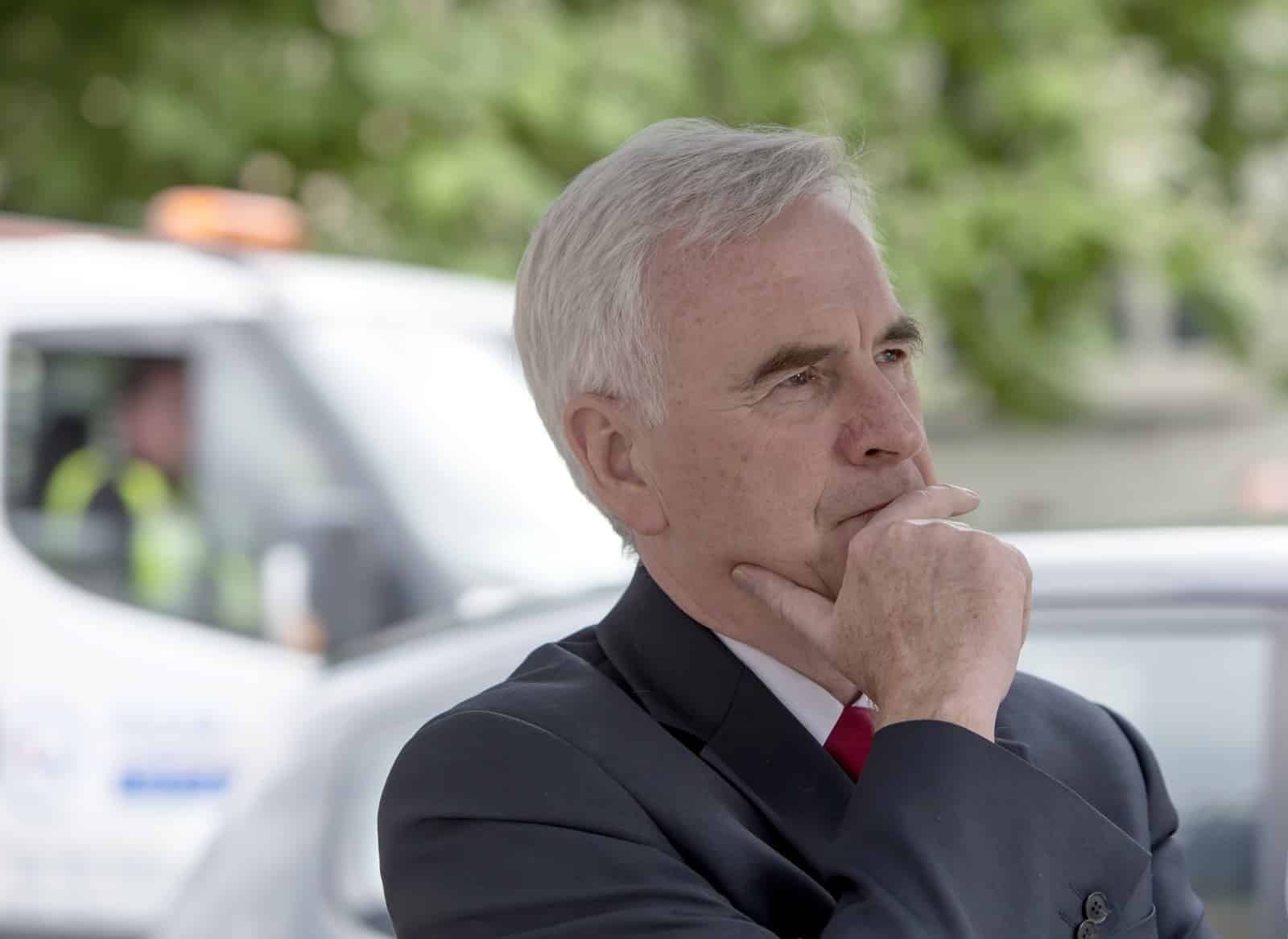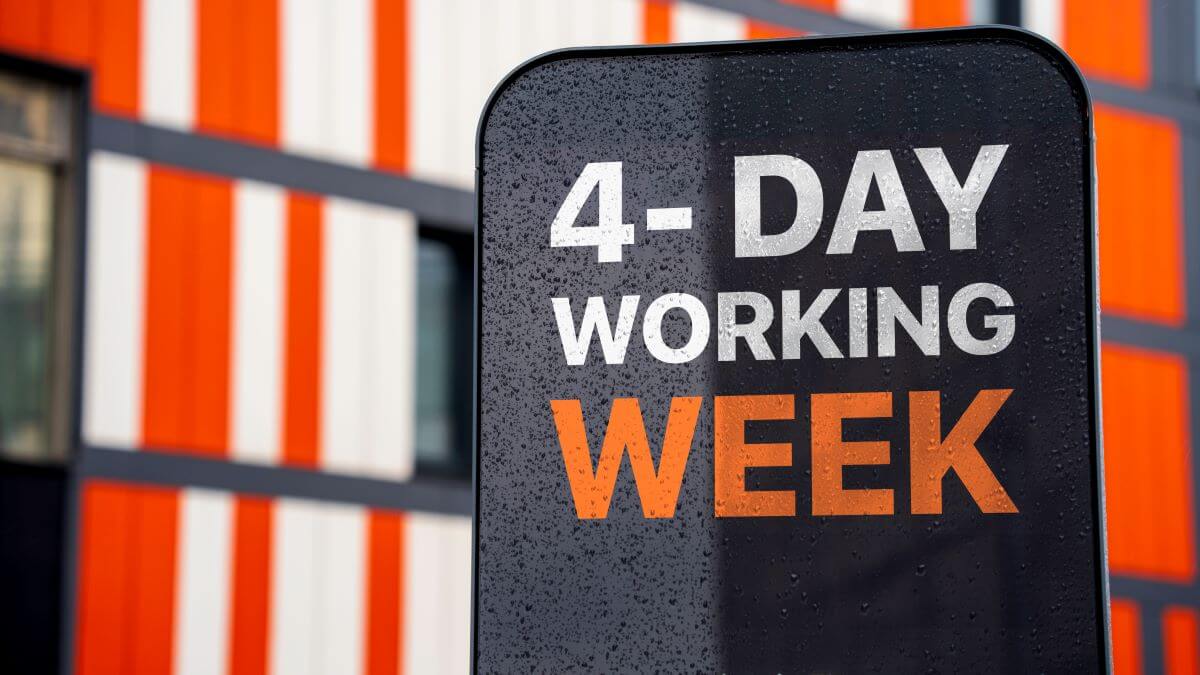The world’s largest trial of a four-day working week took place in the UK over the last year, with the results looking extremely positive. Despite this, the government shut down any hopes for a shorter week.
A Four-Day Week Made Permanent

A UK study that unveiled the success of a four-day workweek for a number of companies across the country has been given the green light to be made permanent.
Redefining the Workweek

The four-day workweek implies maintaining the same salary, benefits, and workload but condensing work into four days instead of the conventional five.
Reduced Working Week Study

During the study, companies reduced the weekly working hours to 31.6 hours, or 6.6 hours per day, aimed at lowering the risk of employee burnout.
Work-Life Balance Triumph

A notable discovery from the study revealed that work intensity remained lower, and job satisfaction soared, showing that an improved work-life balance helps motivation at work.
Companies Embrace Change

61 companies that participated in the world’s largest four-day workweek trial in 2022 have now made this policy a permanent fixture after bosses reported its success.
A Glimpse Into the Workplace Evolution

With the trial lasting six months, the results revealed that 89% of companies will continue the four-day workweek, and over half make the policy permanent.
Physical and Mental Well-Being Reports

According to the author of the study, the improved work-life balance didn’t just improve work commitment, but also the mental and physical well-being of employees.
A Sharp Improvement

“Physical and mental health and work-life balance are significantly better than at six months,” said the author, Juliet Schor.
Staff’s Improved Well-Being

According to the report, 82% of staff were reported to show improved well-being after just six months of the study being put in place.
Shifts in Turnover and Recruitment

Half of the companies included in the trial said that it improved the overall company turnover, while over a third said it made recruiting easier.
Employee Satisfaction Through the Roof

Focussing on the employees themselves, almost every single employee claimed that the trial had improved their lives both at work and at home.
Personal Life and Work Life Examined

A staggering 96% of employees admitted that their personal well-being and relationships improved and 86% felt like they were contributing more to work as a result.
A Change in the Times

During COVID-19, Belgium became the first country in Europe to trial a 4-day working week, although the rest of the continent was hesitant to follow in Belgium’s footsteps, at least until now.
Belgium’s Longterm Plans

Belgium introduced legislation that allowed companies to switch from a 5-day week to a 4-day week without compromising salary, part of plans to increase employment in the future.
Rethinking Work Norms

John McDonnell of the Labour Party hailed the idea of a four-day working week, stressing that the people of this country “should work to live, not live to work.”
McDonnell’s UK Promise

McDonnell promised his commitment to securing a four-day working week permanently in the UK in the next ten years.
Union Advocacy Continues

Trade unions maintain their call for governments to embrace the four-day workweek, echoing the collective voice for change in work dynamics.
Tory Spokesperson Downplays Working Week

A spokesperson for the current Conservative government foiled any positivity surrounding a possible four-day work week for the country’s burnout employees.
No Government Plans to Introduce 4-Day Week

“We have no plans to introduce a four-day working week,” the spokesperson for the Conservatives revealed, arguing it’s up to employees and their employers.
Potential April Changes to Flexibility

The spokesperson insisted, “It is for employers and employees to agree what working arrangements work best for them, and we will be making changes to our flexible working legislation in April.”
Flexibility Change Possibility

The changes in April would give employees the right to ask for flexible working hours at the beginning of their new job, without any fears of repercussions.
More Articles Like This…
Broken Britain: 12 Reasons Behind the UK’s Decline
Say the Unsayable: 10 Occasions When Farage Spoke His Mind About Britain
The post Not a Chance: 4-Day Working Week Successful Trial Will Not Change Government’s Stance first appeared on Edge Media.
Featured Image Credit: Shutterstock / WD Stock Photos.
Oscar Davies, an expert in US and UK politics and sports, is renowned for his sharp and engaging writing style, appealing to a broad spectrum of readers.

